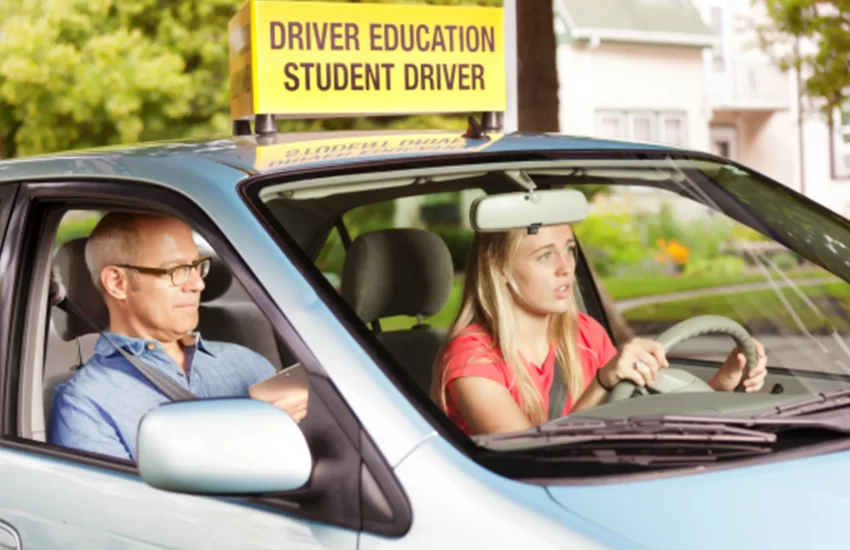Six Ideas For Teaching Your Children To Grow Up To Be Self-Reliant
 Diligent efforts to teach children self-reliance will benefit them in every area of life. Kids who learn how to solve their own problems and who are conditioned to take action when facing challenging circumstances tend to be far more successful than those who are not. Best of all, fostering self-reliance in your children will simplify your parenting and give every member of the household more time, resources and energy to enjoy each other and personal moments of peace.
Diligent efforts to teach children self-reliance will benefit them in every area of life. Kids who learn how to solve their own problems and who are conditioned to take action when facing challenging circumstances tend to be far more successful than those who are not. Best of all, fostering self-reliance in your children will simplify your parenting and give every member of the household more time, resources and energy to enjoy each other and personal moments of peace.
Give Your Kids Access To The Latest Technical Tools
Although most parents work hard to moderate and monitor their kids’ screen-time, teaching youngsters to be proficient with the latest technical tools is essential for their long-term success. With web-access and a personal device for seeking out important answers, kids can complete research reports with minimal help, reach out for homework assistance and learn more about local programs and activities that they wish to take part in. Developing skills like these early on will help them all throughout their academic careers.
Show Your Children How To Perform Their Own Repairs
Learning how to be handy with tools is also critical to the development of a well-rounded and self-reliant young adult. This can be as simple as teaching them how to tighten loose bolts on a bunk bed, change out a broken toilet seat, or to fix clogged drains. You can walk your child through a few minor repairs and can then watch as your youngster eagerly tackles a number of simple, household maintenance issues on his or her own. It can also be helpful to teach them when to look to a professional instead of tackling dangerous or overly complex repairs on their own.
Familiarize Your Child With Free Informational Resources
Show your child how to use the phone book, search through web-based directories and look for valuable and factually accurate online sources. In addition to giving kids access to the tools they need for solving their own problems, this will also boost their critical thinking skills. Over time, they will become better skilled at valuating informational sources on their own.
Acknowledge Efforts To Be Proactive Even When They Fail
Rather than using a right or wrong basis for issuing penalties and rewards in your home, recognize when your child is trying to do his or her best. Kids aren’t going to get everything right, but it is good to encourage them in their efforts to problem solve, even when these efforts fail. This ensures that past mistakes do not make kids too afraid to try.
Practice Goal-Setting And The Process Of Establishing Measurable Objectives
Like many adults, kids often sweep their problems under the rug when they seem too large or to complex to deal with. Thus, showing children how to break complex tasks into smaller and more manageable pieces is vital. Teach your kids about developing goals and then creating feasible objectives that will help them work towards these goals.
Teach Kids The Value Of Money
Without efforts to teach kids how money is earned and how to wisely manage it, many youngsters wind up reaching adulthood with a sense of entitlement and little understanding of finances. Giving your kids allowances is not just about issuing monetary rewards for household contributions. Managing this money is the best practice for handling finances in the real world. Hold kids accountable for the amount of money that passes through their hands and let them know that they must make it last until new money is set to come in.
Self-sufficiency is one of the most important characteristics to develop in children. With an ability and a willingness to help themselves, kids are far less likely to encounter challenges that they cannot manage on their own. Not only will they live better lives as the result of your efforts, but they will also appreciate you for them.
- What You Need To Know About Tamulosin - June 18, 2018
- Baby Walking the Walk: 5 Ways to Childproof Your Doors - June 5, 2014
- 6 Ways to Determine If Your Little One Needs Glasses - June 4, 2014


